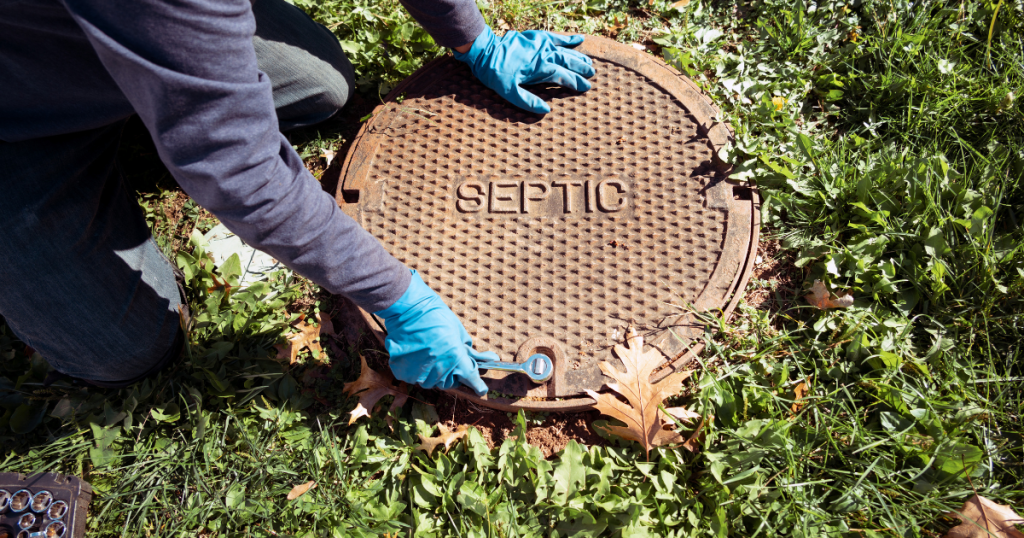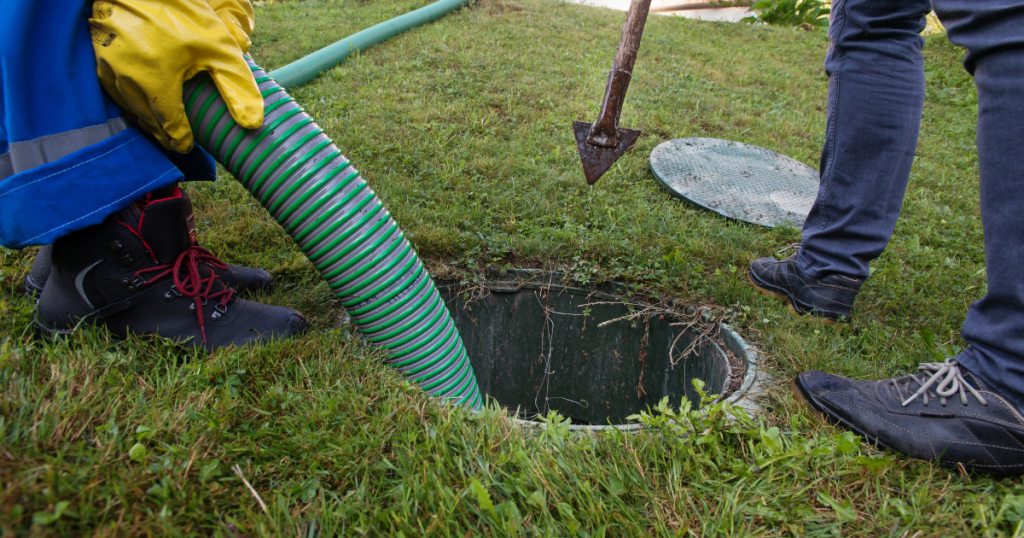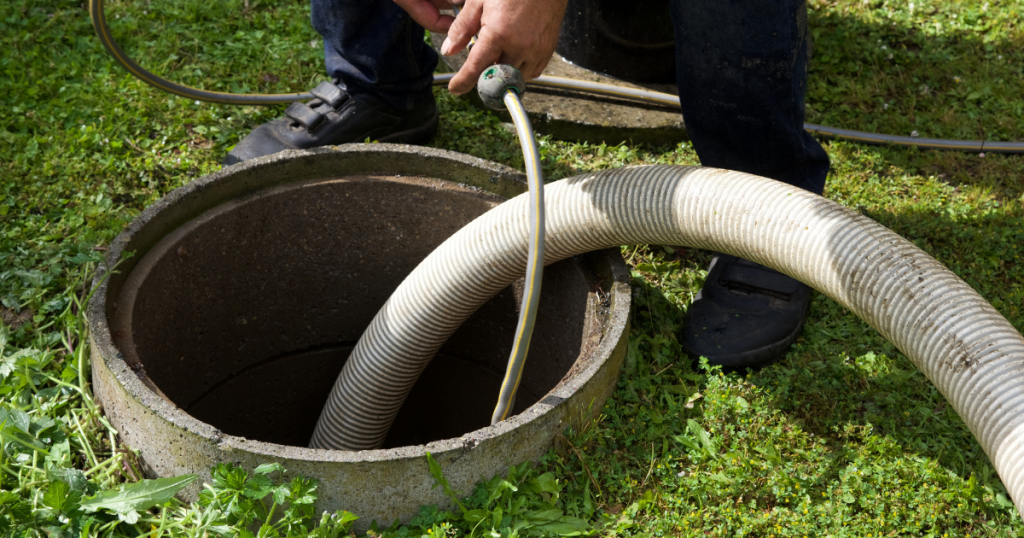Septic Tank Maintenance Costs: 3 Things To Consider

According to a report by the United States Environmental Protection Agency (EPA), over one in five households in the U.S. use septic systems to treat their wastewater. This is why understanding which factors influence septic tank maintenance costs is important.
Understanding how septic systems work and when to call maintenance services will help you not only prolong their life but also maintain clean water in your home.
In this blog, we will explore important factors associated with septic system maintenance and pumping costs. Let’s get started!
Signs to Call a Septic Tank Maintenance Service
First, how does a septic tank work?
Septic systems treat wastewater using both natural and technical processes. They are used to treat wastewater from household plumbing sources like bathrooms, showers, and kitchen drains.
The process usually begins with the solids settling in the septic tanks before the drain fields treat them.
Many Prescott-area homes, especially those located in rural settings, use a septic system to filter their wastewater and breakdown. However, it is not well known how often underground systems like these need to be maintained.
Here are the signs that your septic tank needs to be pumped, repaired, or inspected by a professional plumber:
- Septic tank odor in your yard (typically due to a full tank, clogged drains, or blocked venting systems)
- Standing water near or on the septic system
- Sewage puddled over the drain field or on the surface
- Slow drains in the showers and sinks
- Gurgling noises while flushing your toilet
- Grass growing densely over the drain field or tank
- Sunken areas on or over your tank
- Contaminated well water because of sewage that seeped into the area
[Related: Septic Tank Leaking: How To Find and Fix It]
Septic Tank Pumping Cost

According to This Old House, the average septic tank pumping cost in Arizona is $360–$600. A household’s septic system should be pumped and emptied every 3-5 years.
Cost factors to keep in mind when having your septic tank pumped include the following:
- Tank Size: Septic tank pumping costs are determined by its size; smaller tanks require less pumping, while larger tanks often cost more.
- Location: The cost to pump your septic tank varies depending on your property’s location, with expenses often being higher in urban areas.
- Waste Accumulation: The cost to pump a septic tank goes higher as garbage accumulates in your tank. To avoid build-up and expensive septic tank repair costs, frequent maintenance should be performed.
- Use: Large residences, frequent use of water-intensive appliances such as garbage disposal, and hosting frequent events or parties at home can all raise the demand for more frequent septic tank pumping.
- Frequency: Neglecting to follow regular septic tank pumping schedules could have severe consequences for tank owners or managers. Solid waste can build up, reducing their capacity to hold liquids and possibly causing clogs.
[Read more: Ultimate Guide To Septic Pumping and Tank Maintenance]
3 Septic Tank Maintenance Costs and Factors to Consider

Annual inspections and maintenance of your septic tank systems can help identify problems before they worsen. This will alert professionals if it’s time to do another pump. Septic tank maintenance costs between $100-1,000.
In addition to pumping, there are various other maintenance tasks and potential repairs to consider to keep your septic system in good condition. Here are some of them:
Cleaning
Regular septic tank cleaning is not necessary unless the system is malfunctioning. To avoid clogs, the septic tank filter should be cleaned every three to five years.
Filter cleaning is usually done together with septic pumping services, but you should clarify this with your service provider.
Additives
Generally, properly maintained septic tanks have enough bacteria to break down scum and sludge. However, in some situations such as when foreign substances are introduced, adding additives like enzymes may be required.
Repairs
Repairs may be necessary if an inspection shows problems with your septic tank system. The costs vary based on the extent of the problem. Repairing simple concerns like septic tank lids, pipes, or risers may cost more than $100.
More complex issues, such as dealing with compacted soil near the drain field, can cost several thousand dollars. Tank replacement may be required in extreme circumstances, which is more expensive.
A septic tank should last roughly 40 years if properly cared for and maintained. Still, problems may occur, and you may need to fix yours. By carefully considering all these factors and associated costs, you can plan and budget for any necessary maintenance and repairs needed to keep your septic system operating efficiently.
Regular inspections can help detect problems early and resolve them before they lead to more costly issues later on.
[Related: 6 Foolproof Septic Tank Maintenance Tips]
Don’t Skip Regular Septic Pumping and Proper Maintenance
Regular pumping and maintenance of your septic tank are crucial to avoid costly repairs and ensure the longevity of your system.
Skipping or delaying pumping and maintenance can overload the tank, resulting in leaks and clogged pipes that cause substantial damage and costly emergency plumber appointments.
Don’t underestimate the importance of proper septic tank care. Schedule your next pumping and maintenance appointment with Stellar Plumbing now to save yourself from potential headaches and expenses in the future!
